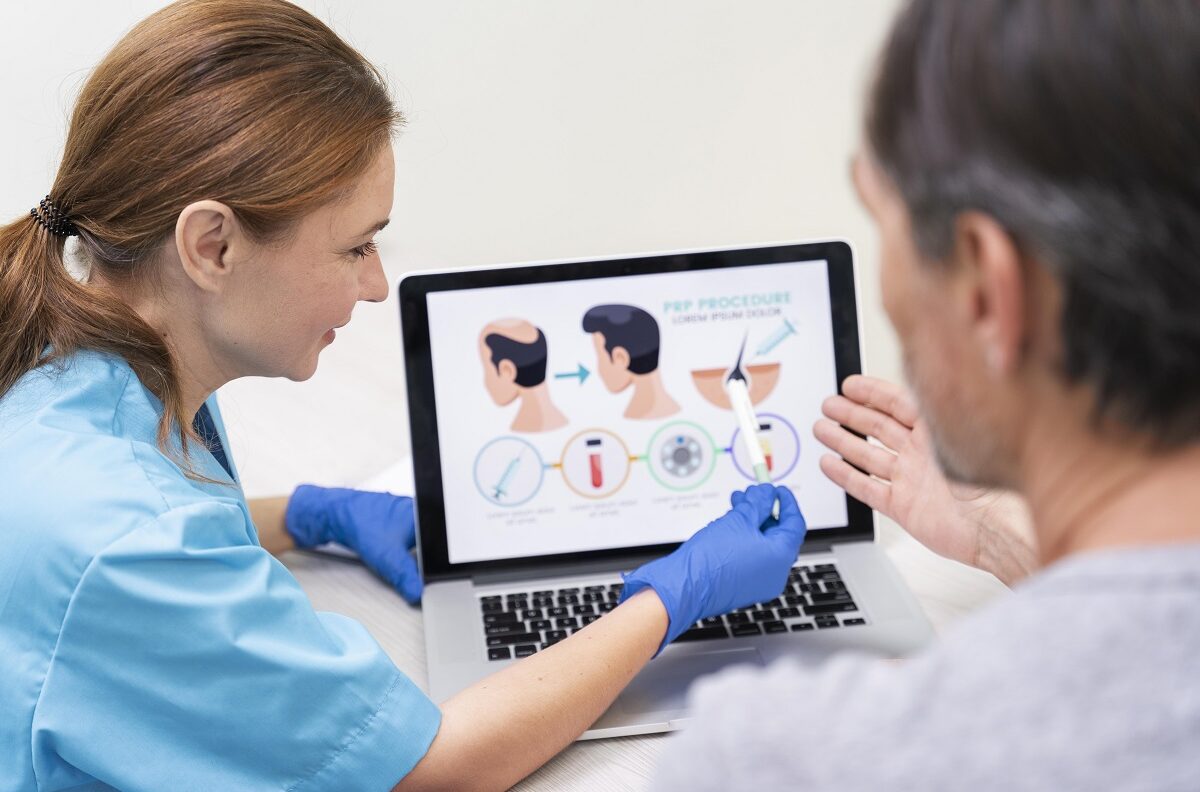Choosing the Right Hair Loss Clinic – What to Look For?
Hair loss can be a distressing experience, impacting not only your appearance but also your self-esteem and confidence. If you’ve decided to seek professional help to address your hair loss concerns, choosing the right hair loss clinic is a critical step towards finding a solution that works for you. With numerous clinics and specialists offering a range of treatments, it’s essential to know what to look for to make an informed decision.
1. Reputation and Credentials
Begin your search by researching the clinic’s reputation and credentials. Look for clinics with a solid track record of providing effective and safe hair loss treatments. Check if the clinic is appropriately trained and certified. Patient reviews and testimonials can also provide valuable insights into the clinic’s reputation and the experiences of previous clients.
2. Specialization in Hair Restoration
Not all medical facilities or clinics are equal when it comes to hair restoration. Look for clinics that specialize in hair loss treatments and have a team of experts dedicated to this field. Specialists who focus solely on hair restoration are likely to have a deeper understanding of the latest techniques and technologies.
3. Consultation Process
A reputable clinic should offer a thorough consultation process. During this initial appointment, the specialist should assess your unique situation, discuss your goals and expectations, and provide a personalized treatment plan. The consultation process is your opportunity to ask questions, express concerns, and gain a clear understanding of the proposed treatment.
4. Range of Treatment Options
Different individuals may require different types of treatments for their hair loss. A good hair loss clinic should offer a range of treatment options to cater to diverse needs. This may include FDA-approved medications, Platelet-Rich Plasma (PRP) therapy, Low-Level Laser Therapy (LLLT), and hair transplant procedures such as Follicular Unit Extraction (FUE) or Follicular Unit Transplantation (FUT). The clinic should tailor the treatment to your specific condition and preferences.
5. Advanced Technology and Techniques
Advancements in hair restoration technology and techniques have made treatments more effective and minimally invasive. Inquire about the technology and equipment used at the clinic. Clinics that invest in the latest advancements demonstrate a commitment to providing high-quality care and achieving optimal results.
6. Before-and-After Photos
Request to see before-and-after photos of previous patients who have undergone treatments at the clinic. These photos can give you a visual representation of the clinic’s capabilities and the potential outcomes of their treatments. Pay attention to the naturalness and aesthetic quality of the results.
7. Transparent Pricing
A reputable clinic should provide clear and transparent pricing information for their services. Avoid clinics that are vague about costs or pressure you into making hasty decisions. Understand the full cost of the treatment, including any follow-up appointments or post-treatment care.
8. Safety and Hygiene Standards
Ensure that the clinic adheres to strict safety and hygiene standards. Check if they follow guidelines set by relevant medical authorities. This includes maintaining a clean and sterile environment, using sterile equipment, and ensuring the safety of patients during procedures.
9. Patient Education and Support
A good clinic should prioritize patient education and support. They should provide you with information about the treatment process, potential risks and benefits, and post-treatment care instructions. Additionally, they should be available to answer your questions and address any concerns throughout your hair restoration journey.
10. Realistic Expectations
Be wary of clinics that promise unrealistic results or guarantee 100% success. While modern hair restoration techniques can produce remarkable outcomes, individual results vary based on factors like the extent of hair loss, the quality of donor hair, and the patient’s overall health. A reputable clinic will provide a realistic assessment of what you can expect.


